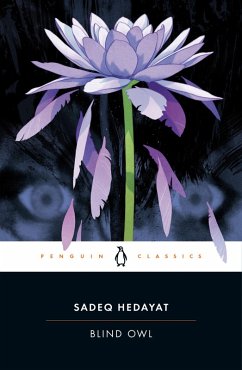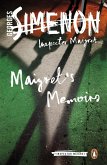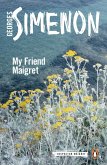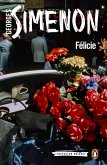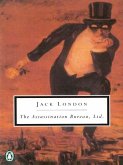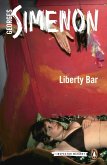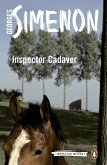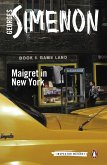A new English translation of arguably the most famous twentieth century Persian novel A Penguin Classic Written by one of the greatest Iranian writers of the twentieth century, Blind Owl tells a three-part story of a pen-case painter, an isolated narrator with a fragile relationship with time and reality. In part one, he relates his own story in the first person, in a string of hazy, dreamlike recollections fueled by opium and alcohol. He spends time painting the covers of pen cases only to paint the exact same scene: an old man wearing a cape and turban sitting under a cypress tree, separated by a small stream from a beautiful woman in black who is bending down to offer him a waterlily. The novel transitions to a one-page part two where reader find the narrator covered in blood and waiting for the police to arrest him. Part three gives readers a glimpse into the grim realities that unlock the mysteries of the first part. Influenced by European writers like Kafka and de Maupassant, Hedayat also reveals a strong affinity with Dostoevsky. The protagonist of Blind Owl suffers from the brain fever characteristic of many of Dostoevsky's heroes such as Crime and Punishment's Raskolnikov. Both characters are also isolated in a tomb-like room, surrounded by deafening echoes of disturbed thoughts. Both are guilty of a horrible crime and paranoid of being arrested by the police at any moment. But whereas Raskolnikov has intellectually convinced himself that he must commit the crime for the greater good, the pen-case painter acts on instinct and seems oddly unaware of what he has done.
Dieser Download kann aus rechtlichen Gründen nur mit Rechnungsadresse in A, B, BG, CY, CZ, D, DK, EW, E, FIN, F, GR, HR, H, IRL, I, LT, L, LR, M, NL, PL, P, R, S, SLO, SK ausgeliefert werden.

